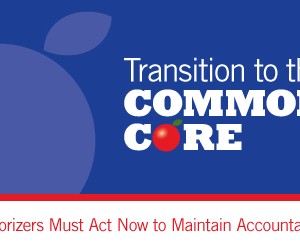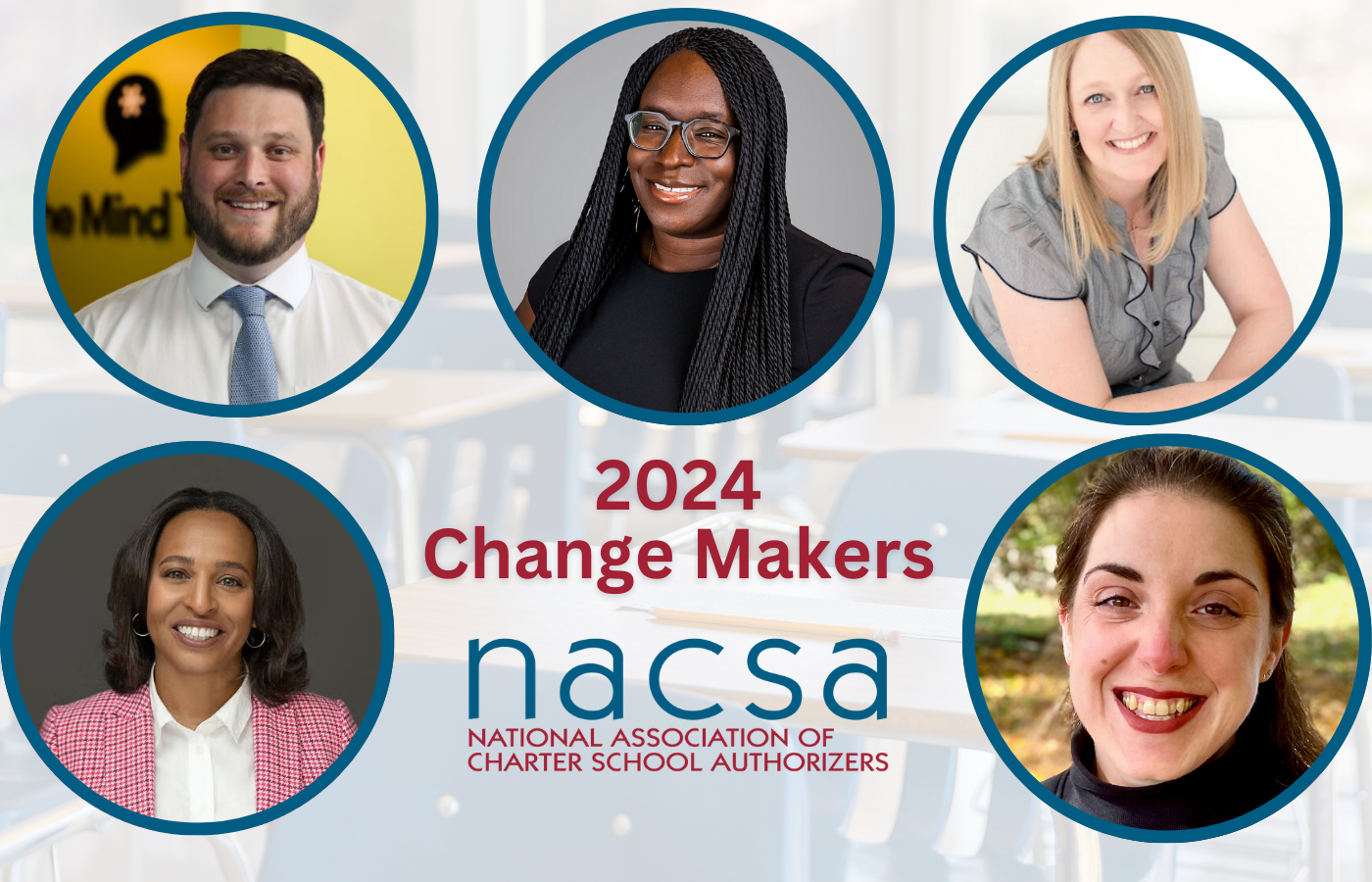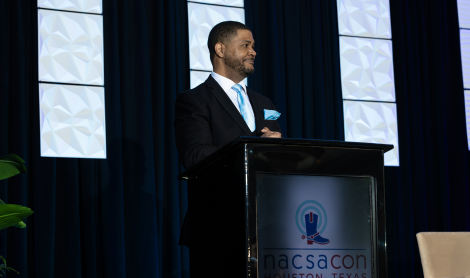
Holding schools accountable for their performance is already one of the most difficult of an authorizer’s core responsibilities. The uncertainty, anxiety, and difficulties that come with the introduction of new standards and assessments, will only make that work harder. There will be great temptation to decide that it is easier and more politically expedient to abandon accountability during the transition rather than maintain it.
In the latest installment of NACSA’s Common Core Series, Staying the Course: Maintaining Strong Accountability in the Transition to the Common Core, Rich Wenning and I argue that it would be a serious mistake to pause on school accountability during the transition rather than working to strengthen it.
Except for a lack of political will or a failure to plan ahead and act thoughtfully, there is no legitimate reason not to hold schools accountable for their performance during and following the transition to the Common Core.
We argue that “except for a lack of political will or a failure to plan ahead and act thoughtfully, there is no legitimate reason not to hold schools accountable for their performance during and following the transition to the Common Core.” This is especially true for schools that were consistently underperforming on the standards and assessments before the Common Core and that continue to fail their students after the Common Core. The Common Core must be an opportunity to raise our expectations and strengthen accountability, not suspend it.
In a statement released today, NACSA’s president and CEO, Greg Richmond is also calling on authorizers and state officials to “act immediately to put systems in place to manage the transition” or risk creating “a de facto moratorium on school accountability.” Richmond notes that “the potential lapse in accountability is of particular concern in the charter school sector, where school accountability for results is central to the charter philosophy.” He urges authorizers to act now to ensure they can continue to uphold their responsibilities and maintain high standards.
Just as kids have no time to waste when it comes to their education, authorizers have no time to waste when it comes to maintaining strong accountability during Common Core implementation. Authorizers need to act now to begin preparing for the turbulence ahead. Failure to act will endanger authorizers’ ability to hold schools accountable for their performance in the short term and beyond and will only allow low-performing schools to continue failing their students.
The need to act, however, does not mean that the work ahead will be easy. Rich and I offer a set of practical strategies authorizers can use to assist them in maintaining strong accountability and provide a timetable for authorizer action. The brief also includes a quick reference for authorizers on the new assessments.
NACSA is committed to supporting authorizers as they embark on this difficult journey. In addition to the resources in the Staying the Course series, we are also engaging directly with authorizers to facilitate learning across the profession and to share challenges and successes. This Thursday, January 16 from 2-3 p.m. EST, I will host a webinar with authorizers from Louisiana, Massachusetts, New York and Ohio to discuss their work to prepare for Common Core implementation and to begin a conversation with authorizers and other stakeholders across the country. Join us.


